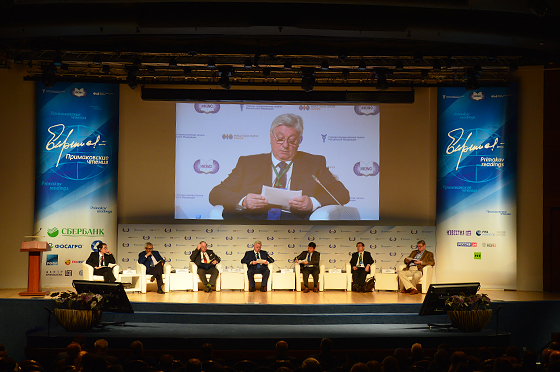
The second session, called "Infrastructure Rivalry in the Indo-Pacific Region: on Land and at Sea", raised questions related to the fierce competition for world trade routes, ports, and natural resources in the Indo-Pacific region. In addition the presence of a number of nuclear and threshold states in the region was mentioned during the discussion. Аs well as the complexity of the existence of "small" states, forced to maneuver between the political and economic interests of bigger players.
The Vietnamese side raised the issue of political trust. The representative from India emphasized the need for economic infusions in the region's infrastructural projects, and especially the problem of competition among those projects. The expert from China stressed that Beijing's infrastructural projects are not imperialistic. He also criticized the idea of the Indian and Pacific oceans’ connection.
The US side highlighted the main obstacles to cooperation in the region: the lack of security framework between the US and China, coupled with a clash of values on which the US and Chinese foreign policy doctrines are based, the prevalence of bilateral infrastructural projects in the region and the difficulty of harmonizing interests in multilateral projects, as well as the problem of territorial issues in the South China Sea.
According to the participants, one of the key and most problematic tasks is to find common grounds and to establish an institutional framework for the trade regime in the region under the conditions of a clash of interests of key players. The representative of Japan paid attention to the North Korean issue and noted that if Trump and Kim Jong-un reached an agreement, Russia and Japan could play a crucial role in the fundamental changes in the region.
According to the Russian expert, a new format, combining bilateral and multilateral cooperation with an unlimited number of participants, would be the most promising scenario. From the point of view of Russian interests, according to the speaker, Chinese Belt and Road Initiative is the most perspective and realistic. Depending on what kind of the development of interaction formats prevails, the situation will lead either to an aggravation of competition or to the development of cooperation.

No comments